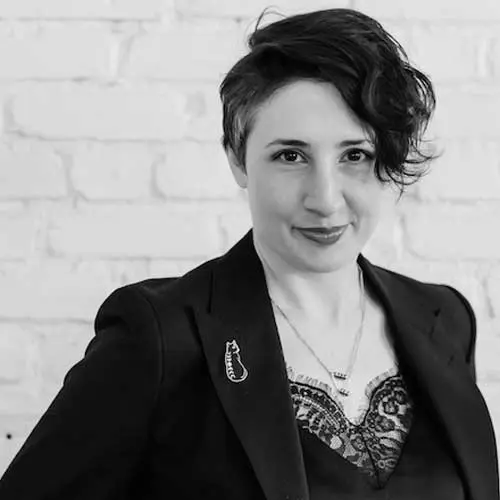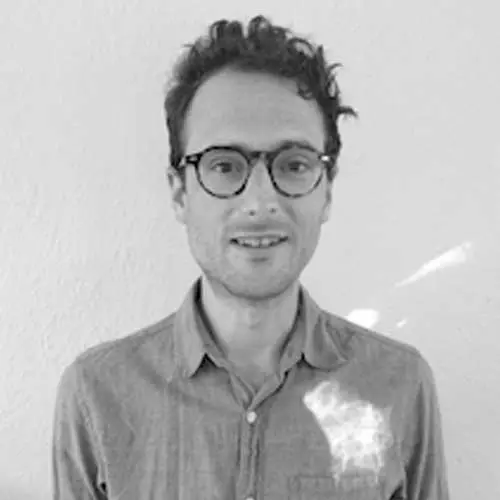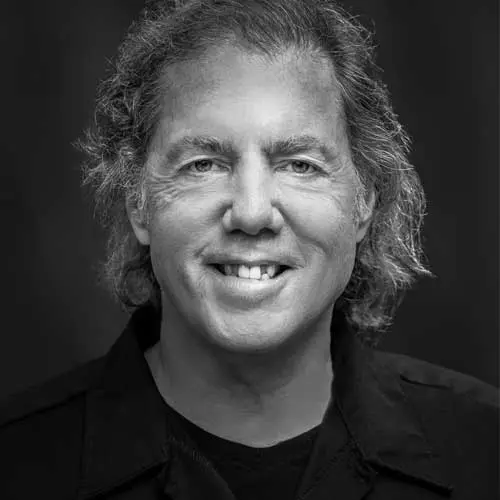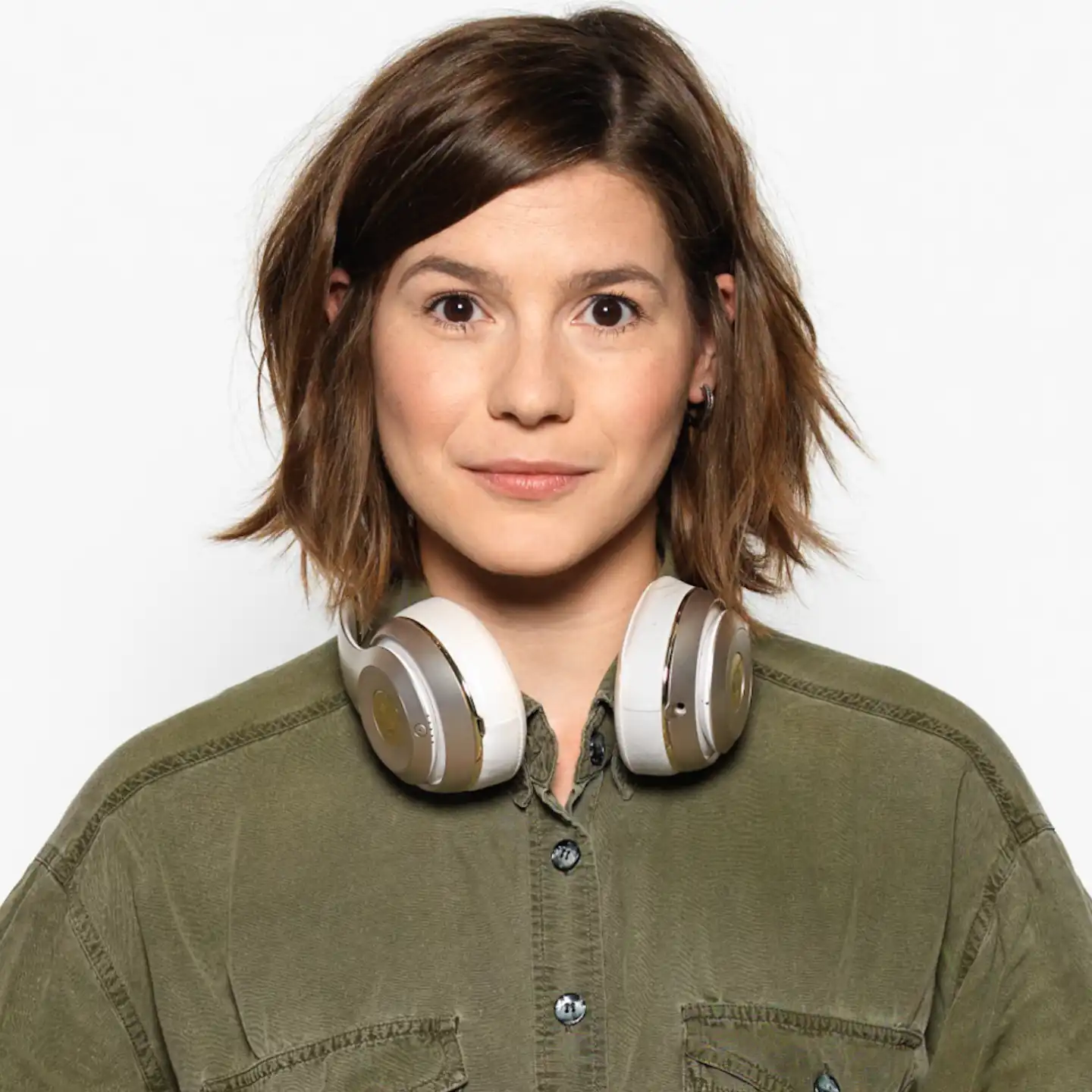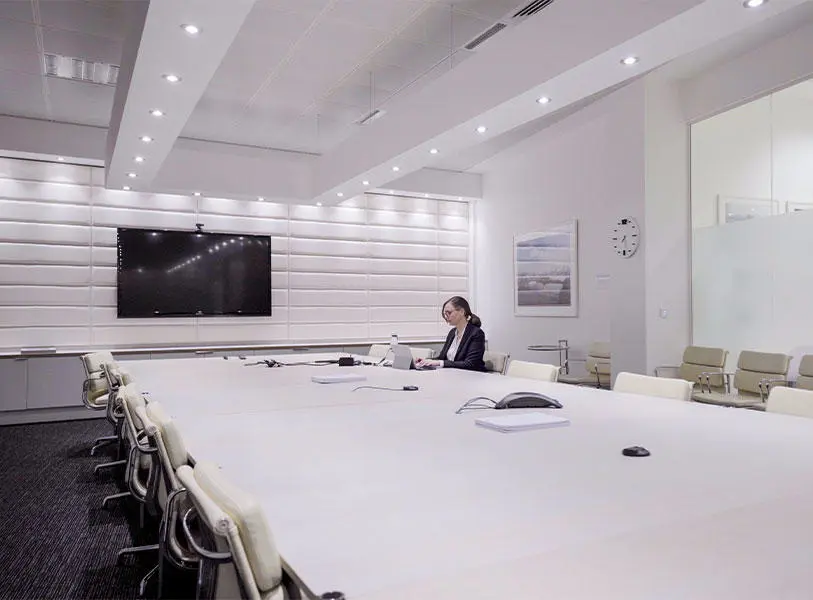Monday 6th September - 06:00 PM BST
The Time of Our Lives
Do we worry too much about time?
Being is found in the present, for the moment of consciousness is all there is. Or so Zen Buddhist philosophy teaches. The moment of experience has also been central to western philosophy since Descartes, and the value of the 'now' currently fashionable from London to L.A.. Yet, as Marx argued, is not the point of life to change it for the better and not simply to contemplate it?
Does only the present exist and is embracing the present the path to truth and fulfilment? Or is this a dangerous fantasy, and the present an illusion, a distraction from the real task of creating the future? Or can we give an account of time that that explains the uniqueness of the present and the sea of time that surrounds us?
Each IAI Live event is a full evening of enrichment - featuring the headline debate, speaker sessions, introductory talks, documentary screenings and the opportunity to join the debate yourself in our unique social spaces.
IAI Live subscribers can join us at all events for free, as well as exploring thousands of videos and articles on IAI.tv with daily new releases. Or you can pick up a pay-per-view ticket for this event.
Timetable:
18.00 BST - Headline Debate
18.50 BST - Q&A Session
19.00 BST - Meet the Speakers Session
19.15 BST - Documentary Screening
Watch all events with an IAI Live subscription
Click here to start your free trial
Or pick up a ticket for access to this event:
Pay-Per-View Ticket - £9.99
Big ideas in your inbox.
Updates from the world's greatest minds - plus offers and discounts.
Sarah Jaffe
Acclaimed labor writer
Sarah Jaffe is a journalist, columnist, and podcast co-host, covering the politics of power from the workplace to the streets. She was one of the first reporters to cover Occupy and the Fight for $15, and has appeared on numerous radio and television programs. She is also the author of the acclaimed books Work Won’t Love you Back and Necessary Trouble: Americans in Revolt.
John Paetsch
Poet and philosopher
Poet and philosopher John Paetsch holds a PhD in Philosophy from the University of Georgia. His dissertation explores why Gilles Deleuze, Henri Bergson, and G.W. Leibniz all entwine “continuity” with “heterogeneity”—whether considering how a life dissipates time or a body diffuses force. His ongoing research dances between philosophy, maths and art, and he has published several works of anomalous poetry.
Ron Purser
Zen Priest, Mindfulness Critic
Ron Purser is a Business Professor, Zen Priest and cultural critic, whose viral article “Beyond McMindfulness” opened the floodgates for the mindfulness backlash. He is the author of eight books including the widely-discussed ‘McMindfulness: How Mindfulness Became the New Capitalist Spirituality”, and his works centre on the challenges of introducing Buddhist thought into modern, individualist, secular, Western consumer capitalism.
Güneş Taylor
Gunes Taylor is a training fellow at the Francis Crick Institute, the London-based biomedical research centre. Her research predominantly focuses on the the genetic formation of ovaries and testes. Gunes has debated the implications of genome editing in forums such as Fertility Fest, the Festival of Genomics, and Virtual Futures, and is fascinated by our cultural and ideological responses to our genetic makeup.
As a molecular biologist she uses many cutting-edge technologies to understand how reproductive systems are built. Güneş is a highly experienced public speaker, who has interviewed Richard Dawkins, Yuval Harari, Slavoj Zizek, Robert Plomin, Simon Baron-Cohen and Lord Robert Winston.


